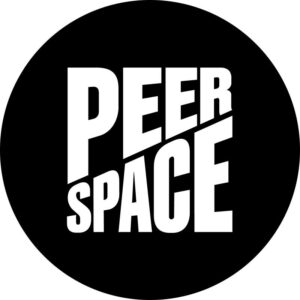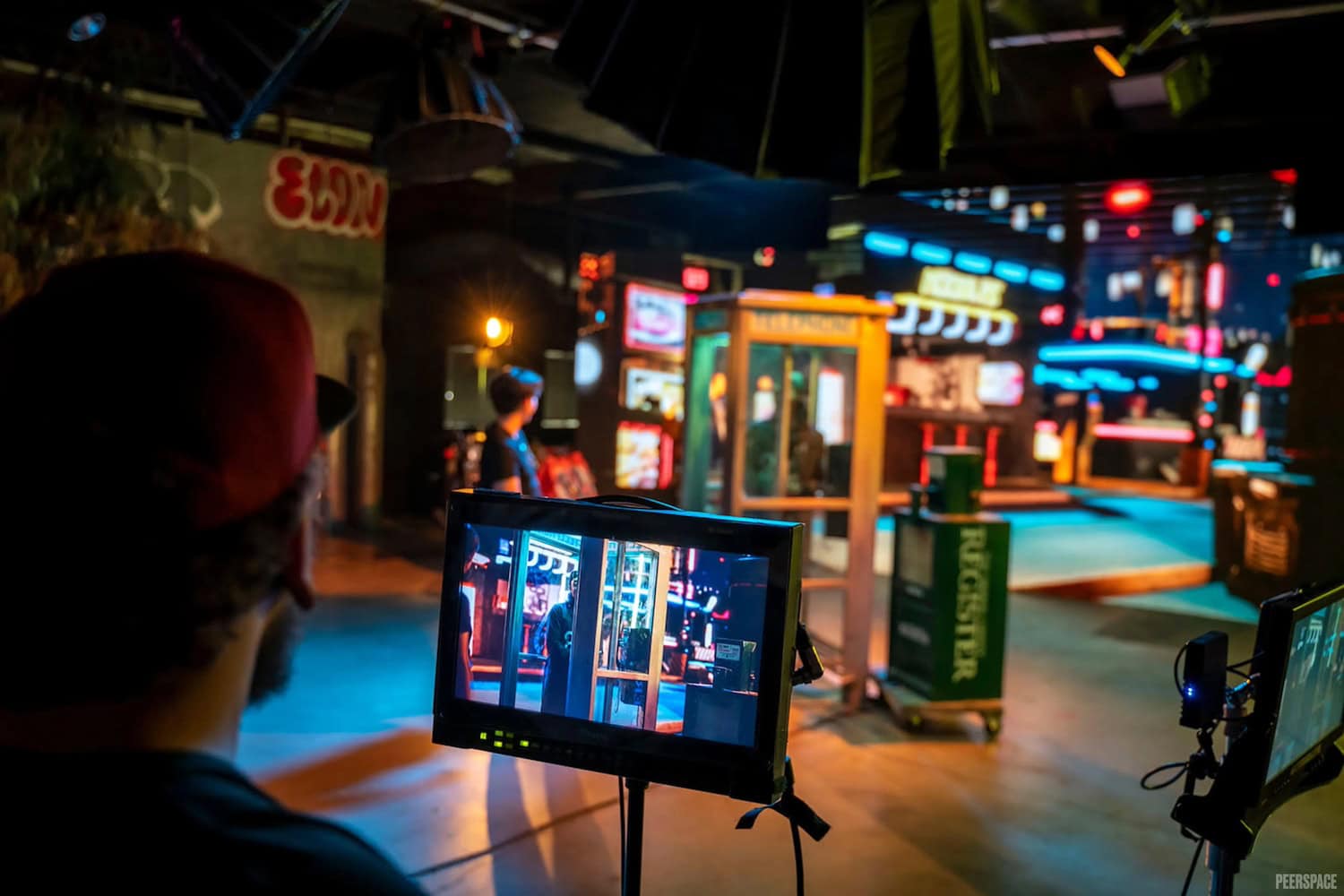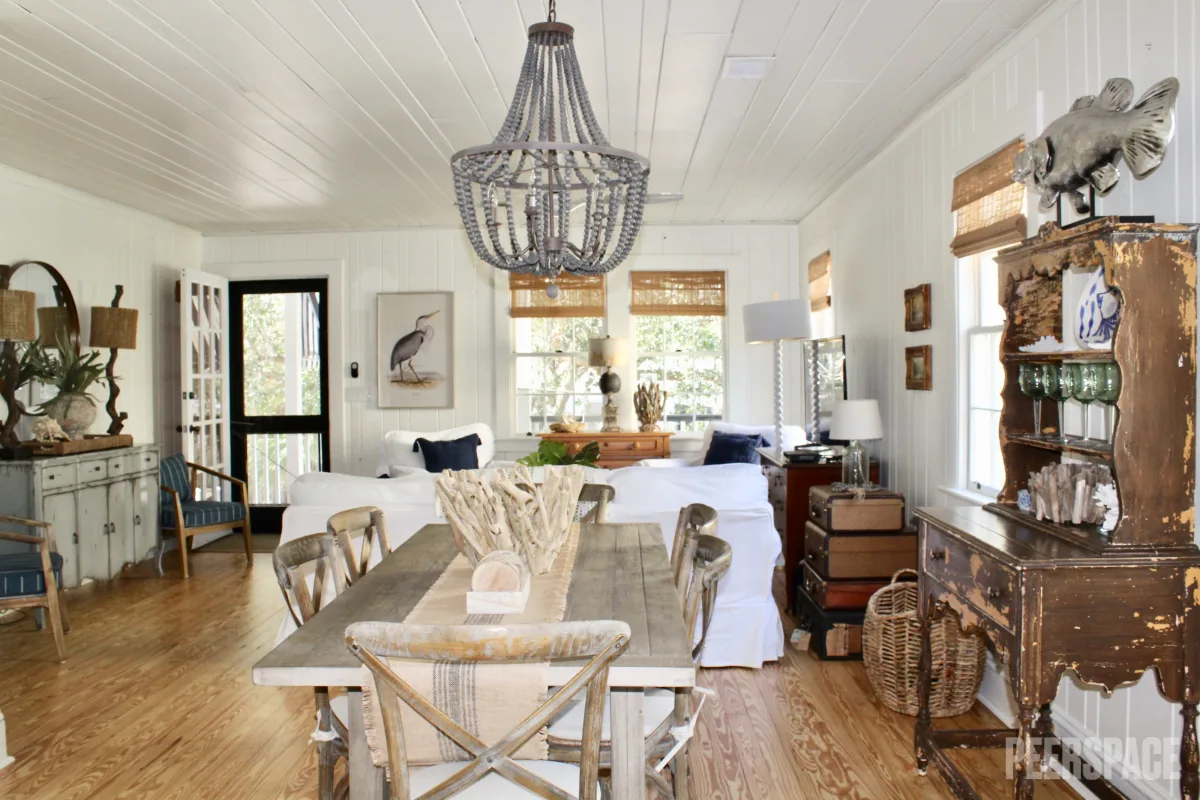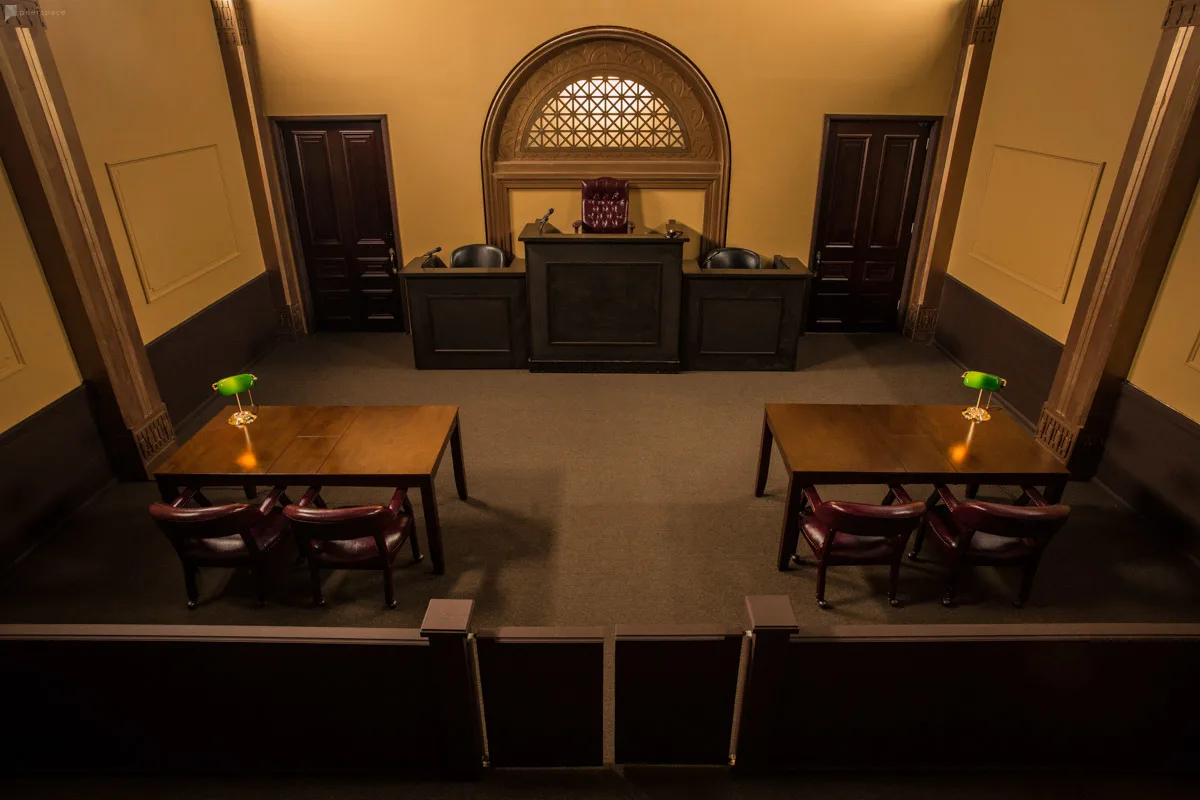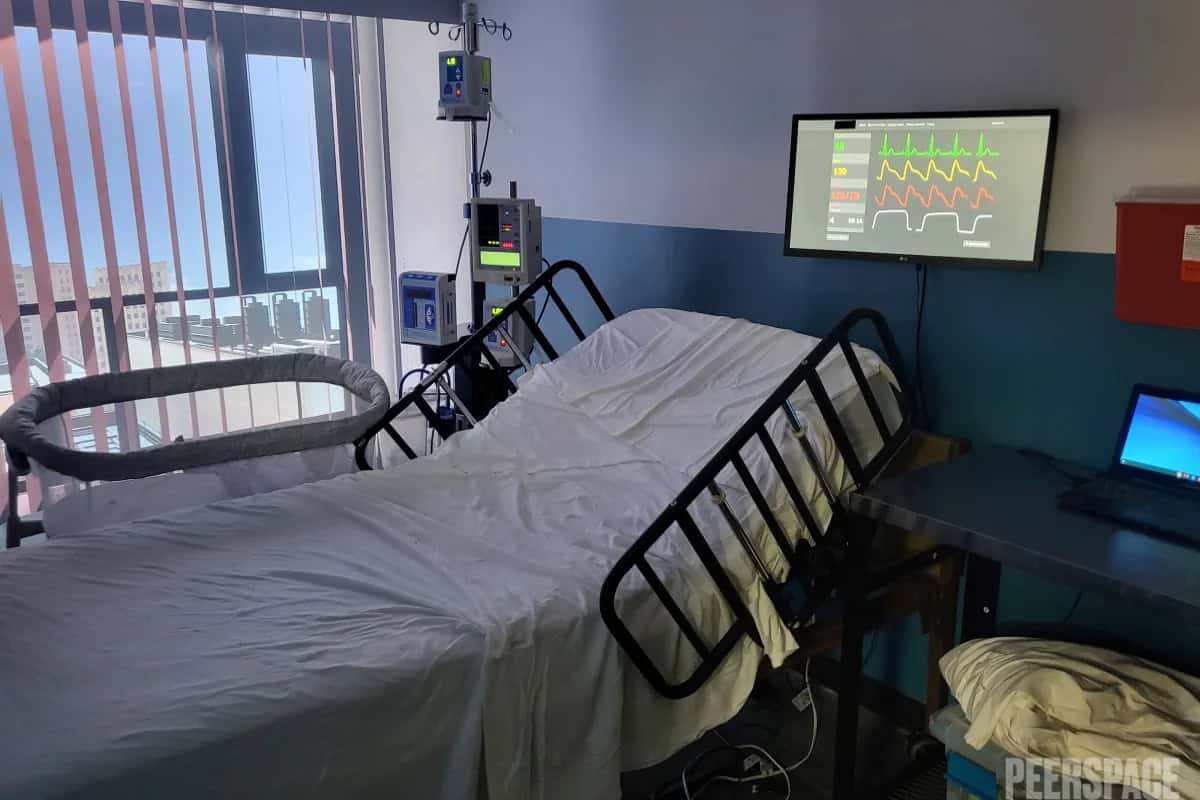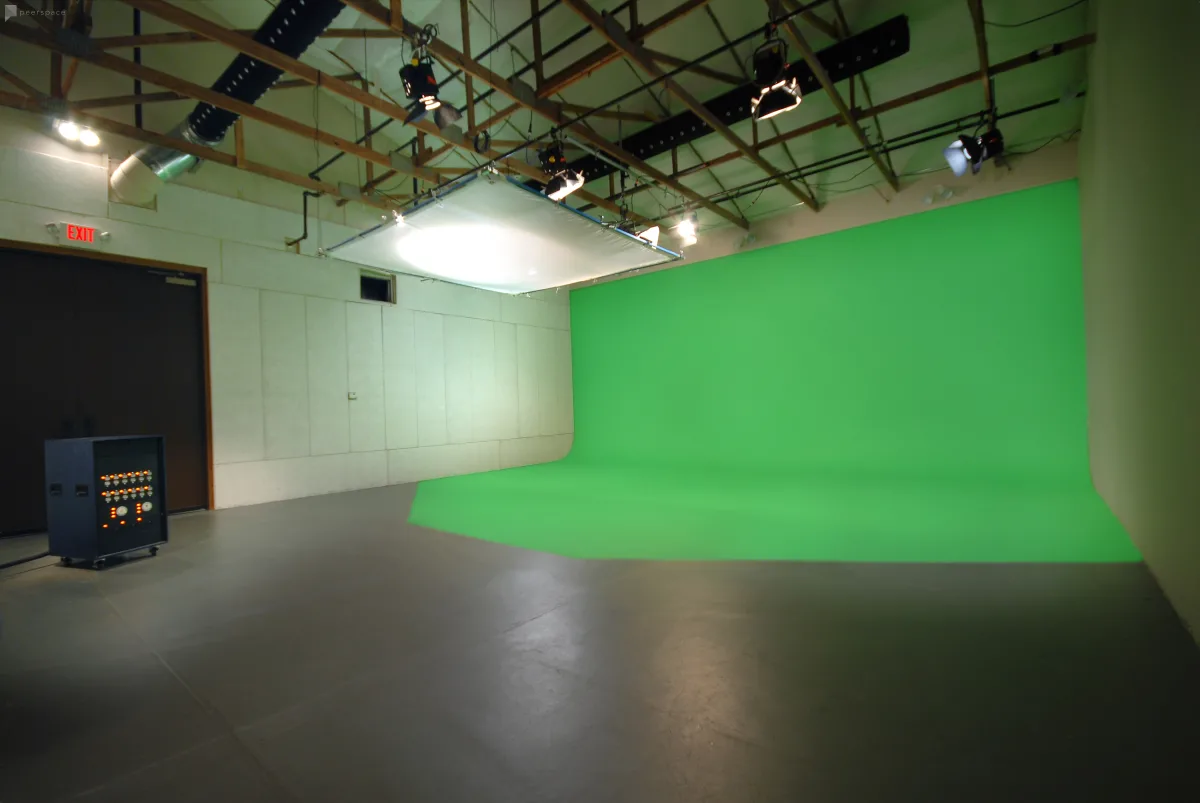10 Helpful Screenwriting Tips: How to Create a Compelling Script
- October 28, 2021
- 7 min read
- Filmmaking

Source: Pixabay
You have the most amazing idea for a film or video project. The characters, the locations, the story — they are all there in your mind. The question is how do you get them down on paper? If you need a few screenwriting tips, you’ve come to the right place. After all, screenwriting is its own form of writing. The late great French filmmaker Agnes Varda coined the term “cinecriture,” or “cinema-writing,” and with good reason. Filmmakers have the challenging task of showing the story as well as telling it.
And whether you’re looking for the perfect place to write your screenplay or, moving ahead a little, your dream location to shoot it, count on Peerspace. We’re the largest online marketplace for event and production venues. From beachside retreats to sky-high penthouses in the urban jungle, there are Peerspace venues to suit every style and need. But, let’s get back to our topic at hand. Here are 10 helpful screenwriting tips to help create a compelling script that captures your unique vision.
1. Learn the three-act structure

The three-act structure is essentially a model used to craft a story. When you are thinking about your script, be it a short film, a commercial, or a feature-length, the three-act structure is a great place to start. Let’s break it down. Act One is The Setup. We meet the characters and there is an inciting incident — something that causes your character to act. The conflict or tension builds, and then we reach Act Two. Act Two is all about confrontation. Your character or subject is faced with an obstacle or obstacles. Then we have Act Three which leads us to The Resolution. Put the ideas you have for your screenplay in this three-act structure, play around with it, and see what you come up with.
2. Research and write the backstory
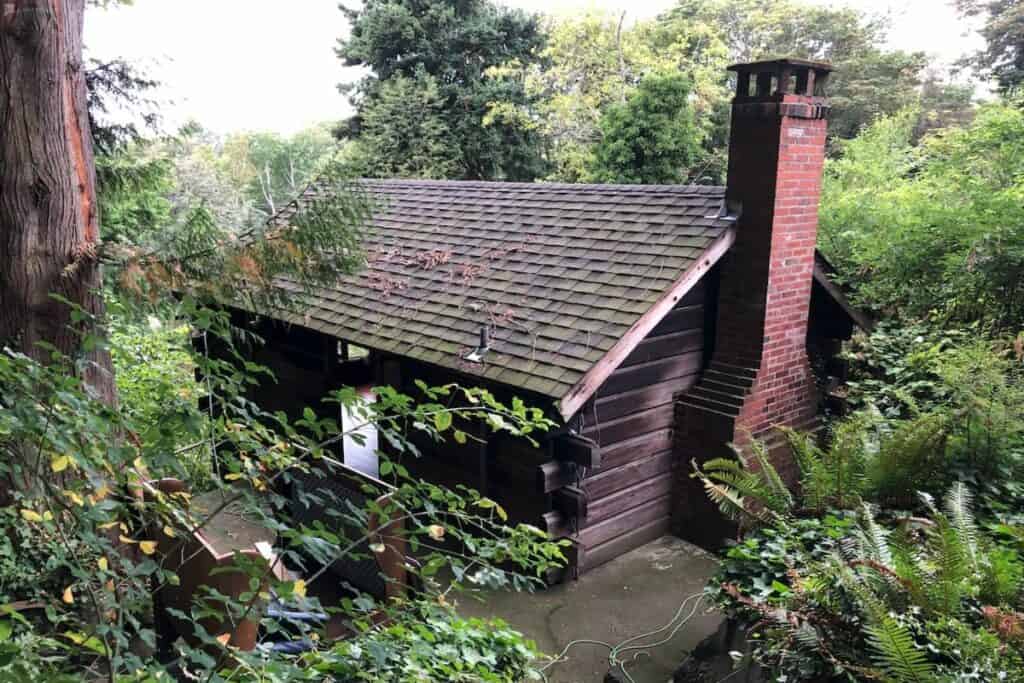
Who is your protagonist or protagonists? Where are they from? What led them to the place where we meet them in the script? Write their backstory — while this won’t appear in your script, it will help you formulate the story and better understand your characters and their motivations. Researching is among one of the key screenwriting tips. And having a better understanding of your protagonists or subjects will really show in the final production. However, if you are working on a script for a client, ask them questions to better understand the characters’ backstory.
3. Write your logline and story outline

The logline is a key element of your scriptwriting process. A logline is a short one- to two-sentence description of your film. Write your logline and use it as a thesis for your script. And remember, the script serves the logline. This will help you when you are pitching your script to others as well. Being able to quickly and succinctly describe your script is a great skill to have. Think of the story outline as the bones of your script. Then, write a one-page broad breakdown of your story from beginning to end.
4. Use active language and a third-person perspective

Screenwriting is about showing your reader, be it a client or a crew member, what is happening in active language. Your viewer/reader is experiencing the action along with your character or characters. Therefore, one of the most practical screenwriting tips: start thinking in cinematic language. You can take an entirely neutral approach in your writing, or you can use the “we” that is commonly seen in scripts.
Learning scriptwriting language and formatting can feel overwhelming at first, but there are tools to help you along the way. If you are writing a short video script for a client, you might want to use a two-column AV script versus the standard screenplay format. There are a variety of scriptwriting tools out there to help you with formatting. WriterDuet is a great free option for scriptwriting. Celtx is another free to low-cost option.
5. Watch a variety of films and videos from various genres

Are there story elements that inspire you? Do these films follow the three-act structure? Do they take a different approach to storytelling altogether? There are a variety of screenplay databases online where you can access a number of scripts from blockbusters to indie classics. Read through scripts from some of your favorite films to familiarize yourself with screenplay formatting and structure — you can even read through the scripts as you watch the films. To do so, check out IMSDB.
6. Read, read, read

This may fall under unusual screenwriting tips, but reading is critical. Read as many books, magazines, journals, and articles as you possibly can. The art of storytelling has been part of the human experience for a long time, and there is a lot we can learn from writing in other forms. In fact, if your script is set in a specific location, read up on the history of that location. If your script is set in the past, read works written from that time period. And, if you are writing about a place that you have never been to, reading works from or about that location will help you have a better understanding of the world of your script.
7. Write your scenes on notecards

Now that you have established your backstory, identified your protagonists, and written your treatment, pick up some old-school notecards. Color code your notecards in a way that makes the most sense to you and your story. Write each scene on a notecard, then pin them to your wall or bulletin board. Does each of these scenes serve the story? Are they compelling? Do they move the story along? Are there gaps in the story structure? Are there scenes that need to be cut? Breaking your story down into scenes will help you refine your vision and help you create a compelling script.
8. Create mood boards
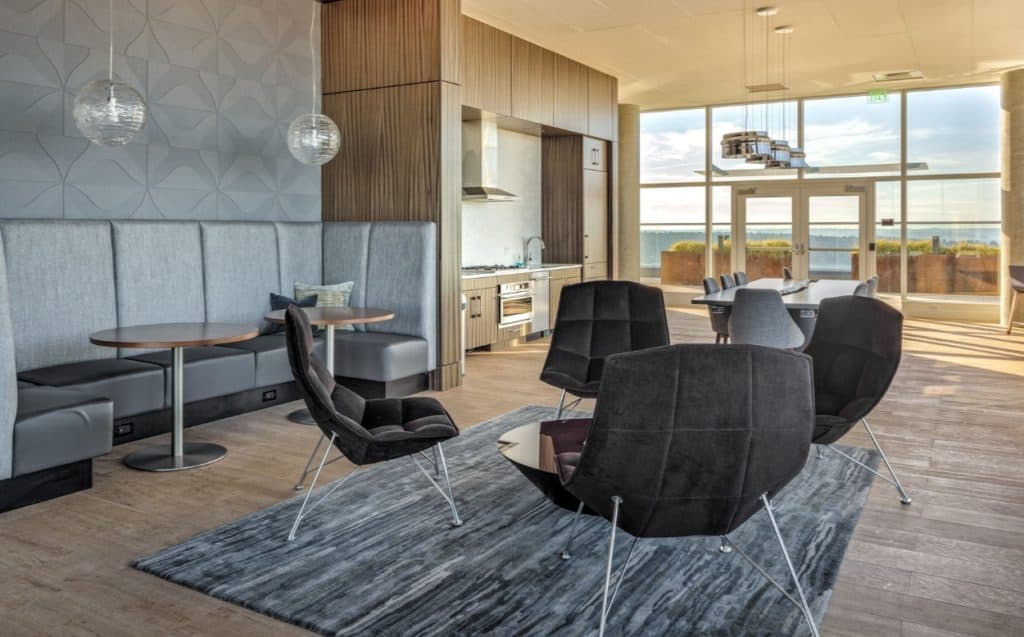
Think about what inspires you. Where is your film set? Include pictures of locations, costumes, graphic design, and photos. Create a visual world for your characters to inhabit. What might your characters look like? Where do they live? What season is your film set in? Answering some of these questions visually may help you to further immerse yourself in your screenplay.
9. Clear your head

This might seem like an unexpected screenwriting tip, but it really helps. Get out into nature, like taking a walk through a park and notice what you see, hear, smell, and feel. Sometimes stepping away from your script will give you the mental space you need to return to it with a fresh perspective. Stepping away from your writing and observing the world can also lead you to unexpected and compelling scriptwriting. Peerspace is a great place to start. Book a venue in a part of the city you never visit. Or book a space in an entirely different location and explore. Peerspace venues are typically very aesthetically pleasing, and so can inspire your imagination.
10. Always have a journal or notebook handy
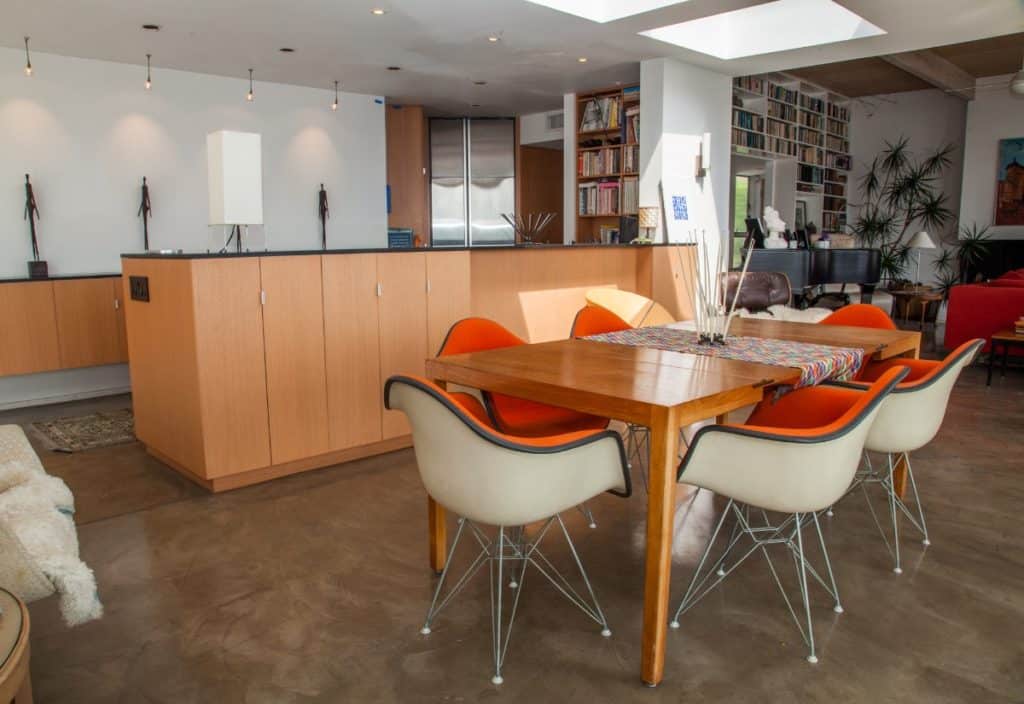
You never know when inspiration might strike or when your characters might speak to you. In fact, one of the most practical screenwriting tips is to keep a notebook handy and write down whatever comes to mind — observations, thoughts, feelings, and beyond. A great daily exercise for writers is “stream of consciousness writing.” As soon as you wake up, set a timer and write whatever comes to mind for a set period of time.
Screenwriting tips: conclusion
Now that you have some of the best screenwriting tips possible, it’s time to get to work! Whether you use a Peerspace venue as a source of inspiration, a place to relax and get down to work, or to shoot your masterpiece, we’re excited to be part of your journey.
Find unique production venues on Peerspace
Get together somewhere better
Book thousands of unique spaces directly from local hosts.
Explore SpacesShare your space and start earning
Join thousands of hosts renting their space for meetings, events, and photo shoots.
List Your Space
